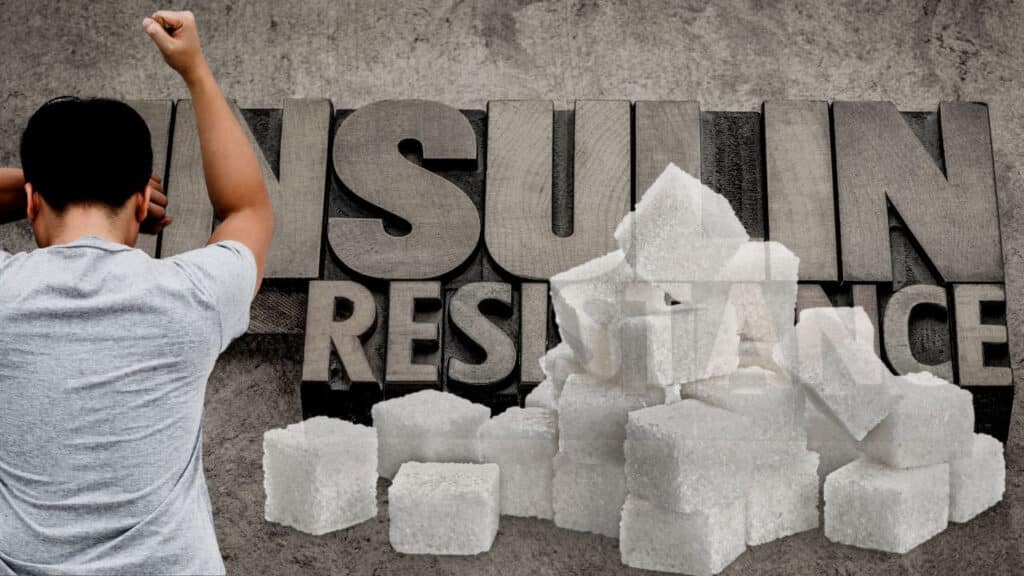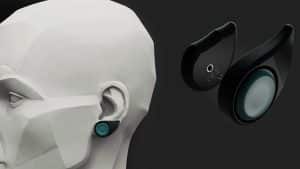If you know anything about diabetes, you know about the importance of insulin. It’s the hormone that regulates your glucose and blood sugar levels. Often closely linked to diabetes is another, lesser-known condition called insulin resistance. Considering the impact it can have on your health, it’s important to know not just what it is but how to minimize its risk.
In a way, insulin resistance is exactly what it sounds like. Your body resists insulin, which means it can’t do what it’s supposed to do. You may also hear it called impaired insulin sensitivity. The cells in your liver, fat and muscles don’t respond to the insulin in the way they should, which means they don’t take up the glucose that enters your bloodstream when you eat. That means it stays in the blood, potentially at a dangerously high level, or it ends up being stored as fat.
Your body responds to this high glucose level by producing yet more insulin (hyperinsulinemia). If it manages to produce enough, it may keep your blood sugar within an acceptable range, but if the insulin resistance is too severe and your pancreas, which produces insulin, wears out, you could develop hyperglycemia, which can lead to prediabetes and eventually type 2 diabetes.
Not everyone who experiences insulin resistance will go on to develop diabetes. It can just be a temporary condition, perhaps as a reaction to steroids or other medication. In other cases, it may be chronic but possibly manageable with lifestyle changes. Eating too many processed carbohydrates or saturated fats can be a risk factor, as can not exercising enough. Obesity is a big one. These are things you can change.
There is sometimes a genetic component to insulin resistance that you can’t do much about. Then there are various forms of hormonal disorders that can instigate it. To be honest, we don’t fully understand the complex interaction of factors that can lead to insulin resistance. Plus, insulin resistance doesn’t have any visible signs or symptoms, so it’s hard to spot.
Insulin resistance may be challenging to detect, but it’s one of the earliest signs that you’re on a path that may lead to diabetes. You should do what you can to avoid it – or reverse it after it starts – as part of a more general healthy lifestyle.




